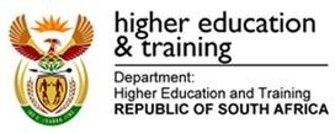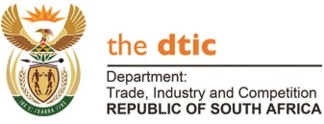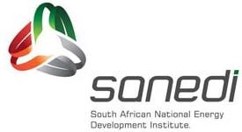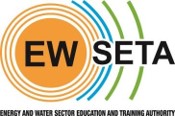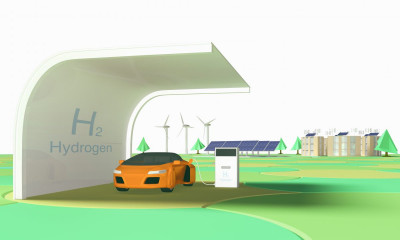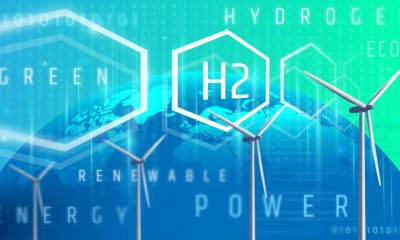This project (February 2021 – December 2022) supports the orientation of South Africa’s TVET college ecosystem towards the Green Hydrogen Economy (GHE) by providing insight on sectors with the highest economic and employment potential, and the timelines by which South African graduates will be required to have the requisite skills, as well as options for up- or re-skilling.
The South African Green Hydrogen TVET Ecosystem Just Transition Strategic Framework study, has been co-developed by the South African Institute of International Affairs (SAIIA) and project consortium partners, alongside the Department of Science and Innovation (DSI) and other government stakeholders. The study applies advanced and economy-wide modelling of national energy systems, including hydrogen use, and their economic and GHG emission impact. Policy recommendations and strategic actions toward developing the desired GHE-TVET ecosystem are also put forth, targeted at various public and private stakeholders.
Study summary
Hydrogen is an energy carrier and industrial feedstock that could be the foundation of a new energy-industrial network based on renewable energy. There has been a global resurgence of interest in the use of hydrogen, notably green hydrogen produced from renewable resources,1 owing to its potential to help decarbonise sectors for which few alternatives presently exist. These sectors include long-haul transport, iron and steel production, long-term energy storage and liquid fuels such as kerosene and heavy fuel oil. Hydrogen is thus a likely enabler to achieve climate change policy goals, predicated on the notion that greenhouse gas (GHG) emissions resulting from economic activity should be as close to nil as possible as an objective for a movement towards 2050, which is now becoming the new frontier for climate policy ambition around the world.
Project design and recognition
Led by SAIIA, project partners included: National Business Initiative; University of Cape Town’s Energy Research Centre; Trade and Industrial Policy Strategies; and Bambili Advisory.
This study constitutes a synthesis of seven research outputs produced throughout the project lifespan, with the aim to consider opportunities, leverage points and risks relating to the South African TVET ecosystem, rooted in a systems innovation approach.

Seven research streams feeding into this report
Source: Compiled by authors (SAIIA)
The seven research/workstreams used a variety of research methods, including economic value chain analysis, integrated quantitative economic modelling or forecasting, and methods from the field of futures studies.
- Workstream 1: Bambili Advisory, “The South African Hydrogen Economy: A TVET- Industry Skills Gap Analysis” (Working Paper, SAIIA-UK PACT, 2021)
- Workstream 2: Jules Schers et al., “Green Hydrogen and TVET Skills’ Role in South Africa’s Just Transition” (Working Paper, SAIIA-UK PACT and University of Cape Town, 2021)
- Workstream 3: Muhammed Patel, “South African Industry Demand for Green Hydrogen Technician and Artisan Skills” (Working Paper, SAIIA-UK PACT and Trade and Industrial Policy Strategies 2021)
- Workstream 4: Muhammed Patel and Deon Cloete, “TVET Skills in the South African Green Hydrogen Economy: A Policy Review” (Working Paper, SAIIA-UK PACT and TIPS, 2022).
- Workstream 5: Bambili Advisory, Anthony Gewer and Suzanne Smit, “Towards a Just Skills Transition in South Africa: Exploring the role of a TVET hybrid Centre of Specialisation for the Green Hydrogen Economy” (Working Paper, SAIIA-UK PACT and NBI, 2021).
- Workstream 6: Fadiel Ahjum et al., “Green Hydrogen and TVET Employment Prospects: An Assessment in a Context of Ambitious Decarbonisation for South Africa Towards 2050” (Working Paper, SAIIA-UK PACT and University of Cape Town, 2021).
- Workstream 7: Deon Cloete, Ndeapo Wolf and Letitia Jentel, “Futures of TVET Skills: A Green Hydrogen Strategic Framework” (Working Paper, SAIIA-UK PACT, 2022)
These individual papers will be launched in 2023.
Research consortium partners





Key Beneficiary

Key stakeholders and primary beneficiaries represented on steering committee
